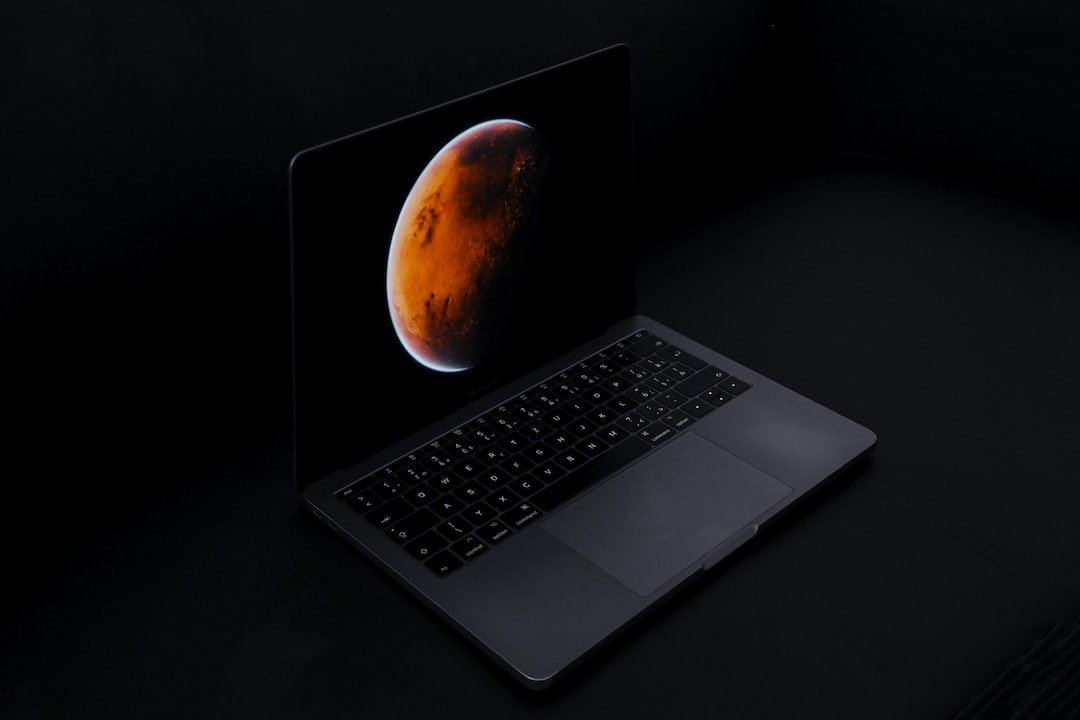Introduction
In recent years, the use of virtual private networks (VPNs) has grown rapidly worldwide, providing individuals with increased privacy, security, and access to blocked content. However, different countries have varying laws and regulations surrounding VPN usage. This article aims to provide a comprehensive overview of VPN laws in Venezuela, exploring the legal landscape and the implications for users.
VPN Laws in Venezuela: An Overview
Venezuela has been known for its strict internet censorship and surveillance practices. The government has implemented various measures to control online content and monitor its citizens’ online activities. While there are no specific laws in Venezuela directly addressing VPNs, the government’s approach raises important considerations for VPN users.
The Venezuelan government has the legal right to monitor and intercept any form of communication, including internet traffic. This has raised concerns about privacy and freedom of expression among internet users. VPNs, which encrypt and reroute internet traffic through secure servers, can help individuals protect their online privacy and bypass censorship. However, their usage in Venezuela is not without legal implications.
The Legality of VPNs in Venezuela
The legality of VPNs in Venezuela is a complex issue. On one hand, VPNs are not explicitly prohibited by law, and many individuals use them to counteract censorship and protect their online privacy. On the other hand, the Venezuelan government has taken measures to restrict VPN usage and control internet access.
In 2017, the government implemented the “Plan Nacional de Gobierno en Línea” (National Online Government Plan), which aimed to regulate internet activity and enhance online surveillance. As part of this plan, the government required all telecommunications service providers to register and block VPN traffic. This move has made it more difficult for individuals to access VPN services and has increased government control over internet access.
Furthermore, in 2019, the government introduced the “Ley Constitucional contra el Odio, por la Convivencia Pacífica y la Tolerancia” (Constitutional Law against Hatred, for Peaceful Coexistence and Tolerance). While the law does not directly address VPNs, it includes provisions that can be interpreted broadly to encompass VPN usage. These provisions criminalize the dissemination of hate speech, fake news, and messages that could incite violence. As a result, there is a potential risk that VPN usage for accessing blocked content or expressing dissenting opinions could be deemed illegal under this law.
Implications for VPN Users
The legal landscape surrounding VPN usage in Venezuela poses several implications for users. While VPNs can provide increased privacy and access to blocked content, users must be aware of the potential risks and legal consequences.
Firstly, the government’s measures to restrict and control VPN usage means that it may become increasingly difficult to find reliable and secure VPN services within the country. Users need to carefully research and select VPN providers that offer strong encryption, a strict no-logs policy, and reliable server connections outside of Venezuela.
Secondly, users must exercise caution when accessing blocked or sensitive content. The government actively monitors internet traffic, and individuals caught accessing prohibited content or engaging in activities deemed illegal may face consequences, including fines or imprisonment. It is important for users to understand the laws and regulations surrounding online activity to avoid legal trouble.
Conclusion
In conclusion, while the legal status of VPNs in Venezuela is not explicitly defined, the government’s efforts to control internet access and regulate online activity pose challenges and potential risks for VPN users. Despite the need for online privacy and bypassing censorship, users must tread carefully and be aware of the legal implications when using VPNs in Venezuela. Selecting reliable VPN providers and understanding the laws and regulations surrounding internet usage are crucial for ensuring personal safety and protecting online privacy.
FAQ
| Question | Answer |
|---|---|
| What is a VPN and why do I need a VPN? | A VPN, or virtual private network, is a technology that provides a secure and private connection over the internet. It encrypts your online traffic and routes it through a server located in another country, allowing you to browse the internet anonymously and access blocked content. |
| Is VPN illegal or is VPN legal? | The legality of VPNs depends on the country. In many countries, like Venezuela, VPNs are not explicitly prohibited by law, but the government may have measures in place to restrict their usage. It is essential to understand and comply with the legal framework regarding VPNs in your country of residence. |
| What are the risks of using a VPN in Venezuela? | Using a VPN in Venezuela carries potential risks, including the difficulty in finding reliable VPN services and the possibility of legal consequences for accessing blocked or sensitive content. Users must exercise caution and be aware of the laws and regulations to avoid legal trouble. |
| How can I ensure my online privacy while using a VPN in Venezuela? | To ensure online privacy while using a VPN in Venezuela, it is essential to choose a reputable VPN provider that offers strong encryption, a strict no-logs policy, and reliable server connections outside the country. Additionally, users should act in compliance with the laws and regulations governing internet usage in Venezuela. |
Further Reading
| Title | Description |
|---|---|
| The Legal Status of VPNs Worldwide | This comprehensive article explores the legal status of VPNs in various countries around the world, providing insights into the varied legal landscape. |
| Venezuela’s Online Censorship: An Overview | Learn more about the internet censorship practices and regulations in Venezuela, and how they impact online freedom and privacy. |




